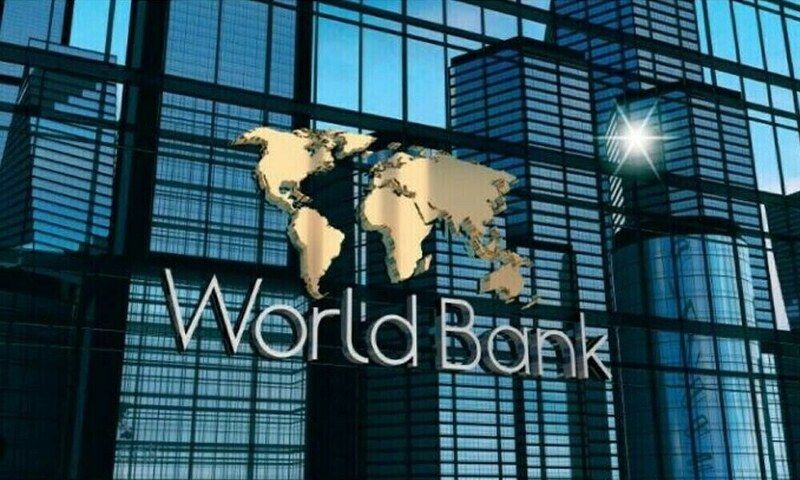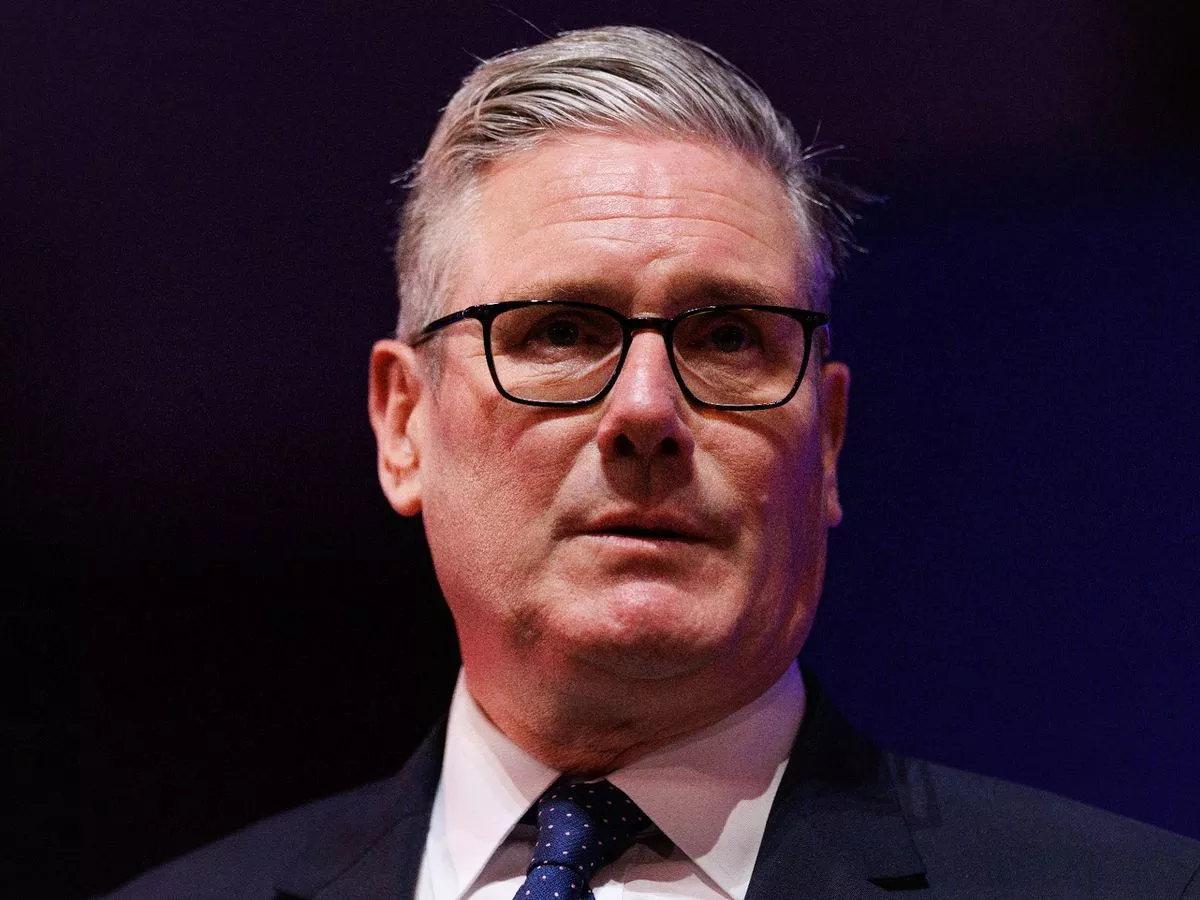By World Bank
Copyright brecorder

EDITORIAL: The World Bank has recently released a report containing shocking numbers on poverty and inequality. Poverty has increased by 7 percent over the last three years, reaching 25.3 percent in FY24. That lowering poverty and inequality has never been the priority of successive governments is a fact. Instead, the incumbent government is focused on economic roadmaps with an emphasis on exploring bankable projects.
The government’s mantra of searching for bankable projects to attract foreign direct investment (FDI) is flawed. It is the same mistake being repeated again and again. It is not the government’s job to actively seek investment; rather, it should be working on creating an environment conducive to investment and providing opportunities to the masses to lift growth and build a consumer market for investors.
At this moment, all of the government’s focus should be on how to lift people out of poverty. It should be working to provide full economic security, which is absent for almost half of the population. Energy should be spent on providing employment or training to the 37 percent of youth between the ages of 15 and 24, who are idle.
The focus is missing. The priority appears to be headlines and the quest for leveraging foreign policy gains to attract investment. That is not how market-based, efficiency-seeking investment comes. At best, the government may get some deposits converted into fiscal support as a gift. The liquidity generated through this should be targeted toward lowering poverty levels — especially in rural areas, where poverty stands at 28.2 percent, more than double the urban rate.
The way provincial governments dealt with the exit of the wheat support price has eroded significant income for small farmers. Climate change impacts are also more adverse in rural areas, where floods in recent years have wiped out assets in the form of livestock, in addition to crop losses. The government should direct funds and seek support to build climate-resilient infrastructure to prevent this from happening again.
Another glaring element of the WB report is the alarming pace of informal urbanisation, which will create its own set of problems. The government should focus on urban planning while also improving living and economic conditions in rural areas. The economic roadmap should emphasise increasing formality in the economy, as 85 percent of employment is in the informal sector. These workers have no pension, medical, or other benefits and remain extremely vulnerable to any shock. The roadmap should ensure that employees receive their rights, motivating them and helping them upskill.
To lift people out of poverty and build a vibrant middle class, investment in education, nutrition, and the environment is critical. Around 40 percent of children are stunted, 25 percent of school-going children are out of school, and 75 percent of those enrolled in primary education cannot read a simple story. Education must be the top priority.
Overall, there is no time for celebration of improved geopolitical standing. There is no room for complacency. The reform process, which is currently weak, must be strengthened or boosted. Difficult decisions are required. The world will recognise progress, if there is any, and investment will follow as a consequence.
Copyright Business Recorder, 2025



